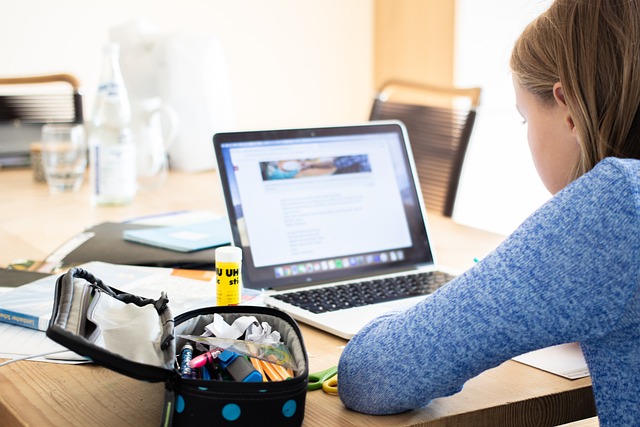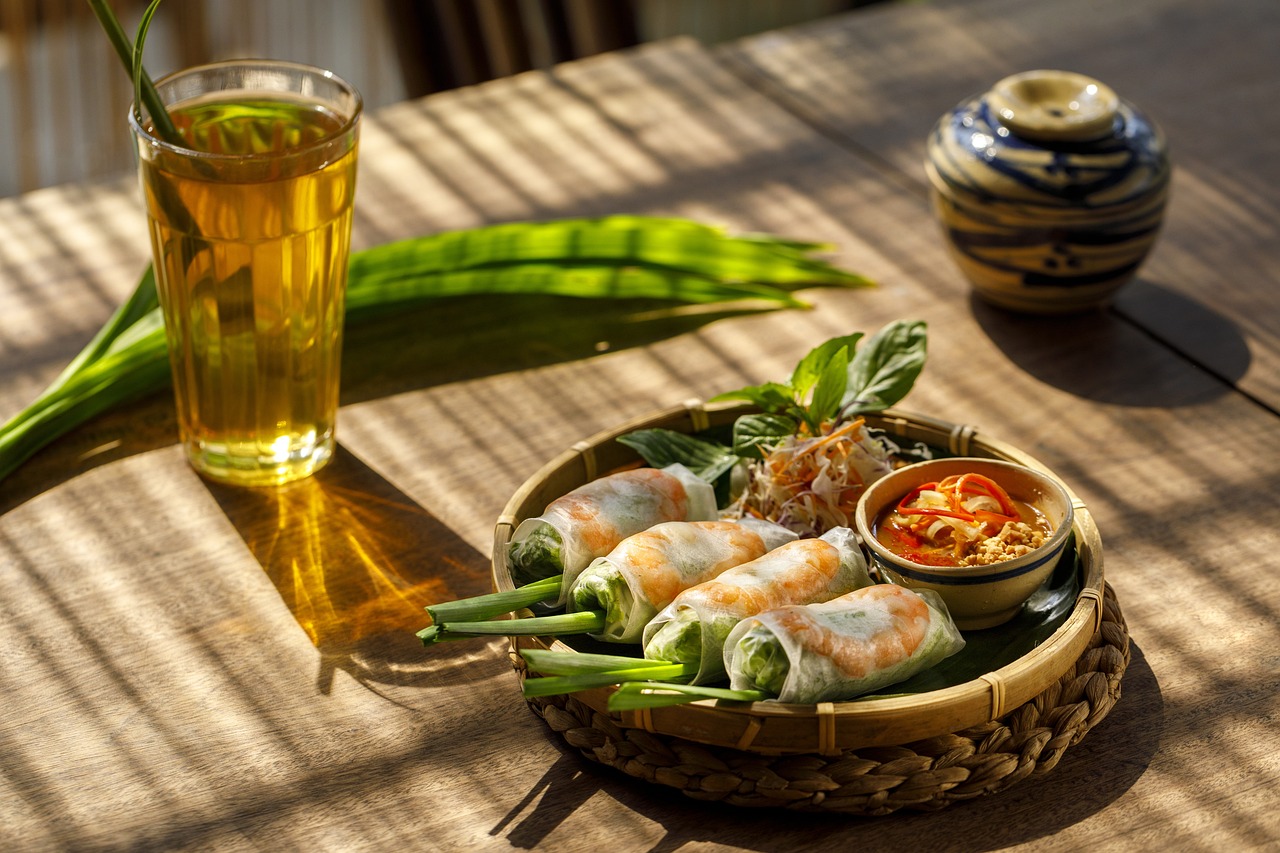Dutch Cultural Etiquette: What Visitors Should Know

The Netherlands is a country known for its openness, tolerance, and straightforwardness. While Dutch people are generally friendly and welcoming, understanding their cultural etiquette can help you navigate social interactions and make a positive impression. Whether you’re visiting for business or leisure, being aware of Dutch customs and norms will enhance your experience. In this guide, we’ll explore key aspects of Dutch cultural etiquette, from greetings and communication to dining and social behavior.
1. Greetings and Introductions
Handshakes
- Firm and Brief: A firm handshake is the standard greeting in the Netherlands, both in personal and professional settings. Maintain eye contact while shaking hands.
- Men and Women: Handshakes are common between both men and women. In informal settings, close friends may greet each other with three kisses on the cheek (starting with the right cheek).
Titles and Names
- Formality: Use titles like Mr. (Meneer) or Ms. (Mevrouw) followed by the last name when meeting someone for the first time. Once invited, you can switch to first names.
- Punctuality: Being on time is highly valued. Arriving late, even by a few minutes, can be seen as disrespectful.
2. Communication Style
Directness
- Blunt Honesty: Dutch people are known for their direct communication style. They value honesty and clarity, so don’t be surprised if they are straightforward in their opinions.
- No Small Talk: While small talk is common in many cultures, the Dutch often prefer to get straight to the point in conversations.
Language
- English Proficiency: Most Dutch people speak excellent English, especially in urban areas. However, learning a few basic Dutch phrases (e.g., Dank je for “Thank you”) is appreciated.
- Tone: The Dutch tend to speak in a calm and moderate tone. Raising your voice or being overly expressive may be seen as aggressive.
3. Dining Etiquette
Table Manners
- Wait to Be Seated: At a dinner party, wait for the host to indicate where you should sit.
- Hands on the Table: Keep your hands visible on the table, but avoid resting your elbows on it.
- Toasting: When toasting, make eye contact with everyone at the table. Say Proost (Cheers) before taking a sip.
Meal Customs
- Punctuality: Arrive on time for meals. If you’re invited to someone’s home, it’s polite to bring a small gift, such as flowers or wine.
- Sharing Dishes: In informal settings, dishes may be served family-style. Wait for the host to invite you to start eating.
- Finishing Your Plate: It’s polite to finish everything on your plate, as it shows appreciation for the meal.
4. Social Etiquette
Gift-Giving
- Occasions: Gifts are typically given for birthdays, holidays, and special occasions. For dinner parties, flowers, wine, or chocolates are appropriate.
- Flowers: If giving flowers, avoid giving an even number, as this is associated with funerals. Also, avoid giving white lilies, which are often used in sympathy arrangements.
Tipping
- Service Included: In the Netherlands, service charges are usually included in the bill. However, it’s common to round up the total or leave a small tip (5-10%) for good service in restaurants, taxis, and cafes.
Cycling Culture
- Respect Bike Lanes: Cycling is a way of life in the Netherlands. Always stay out of bike lanes and be cautious when crossing them.
- Bike Etiquette: If you rent a bike, follow traffic rules and use hand signals when turning.
5. Business Etiquette
Meetings
- Punctuality: Arrive on time for meetings, as punctuality is a sign of professionalism.
- Agenda: Meetings are often well-structured and follow an agenda. Be prepared and stick to the topic.
- Decision-Making: The Dutch value consensus and collaboration. Decisions are often made after thorough discussion and input from all parties.
Dress Code
- Business Casual: Dutch business attire is generally smart but not overly formal. A suit and tie are appropriate for formal meetings, while business casual is acceptable for most settings.
Communication
- Directness: In business settings, the Dutch are direct and value honesty. They appreciate clear and concise communication.
- Negotiations: Be prepared for straightforward negotiations. The Dutch prefer to focus on facts and figures rather than emotional appeals.
6. General Tips for Visitors
Respect Personal Space
- The Dutch value their personal space. Avoid standing too close or touching someone unless you know them well.
Environmental Awareness
- The Netherlands is a leader in sustainability. Be mindful of recycling and conserving energy during your stay.
Queuing
- The Dutch are orderly and respect queues. Always wait your turn in lines, whether at a bus stop, supermarket, or museum.
Public Behavior
- Keep noise levels down in public spaces, especially on public transport. Loud or disruptive behavior is frowned upon.




